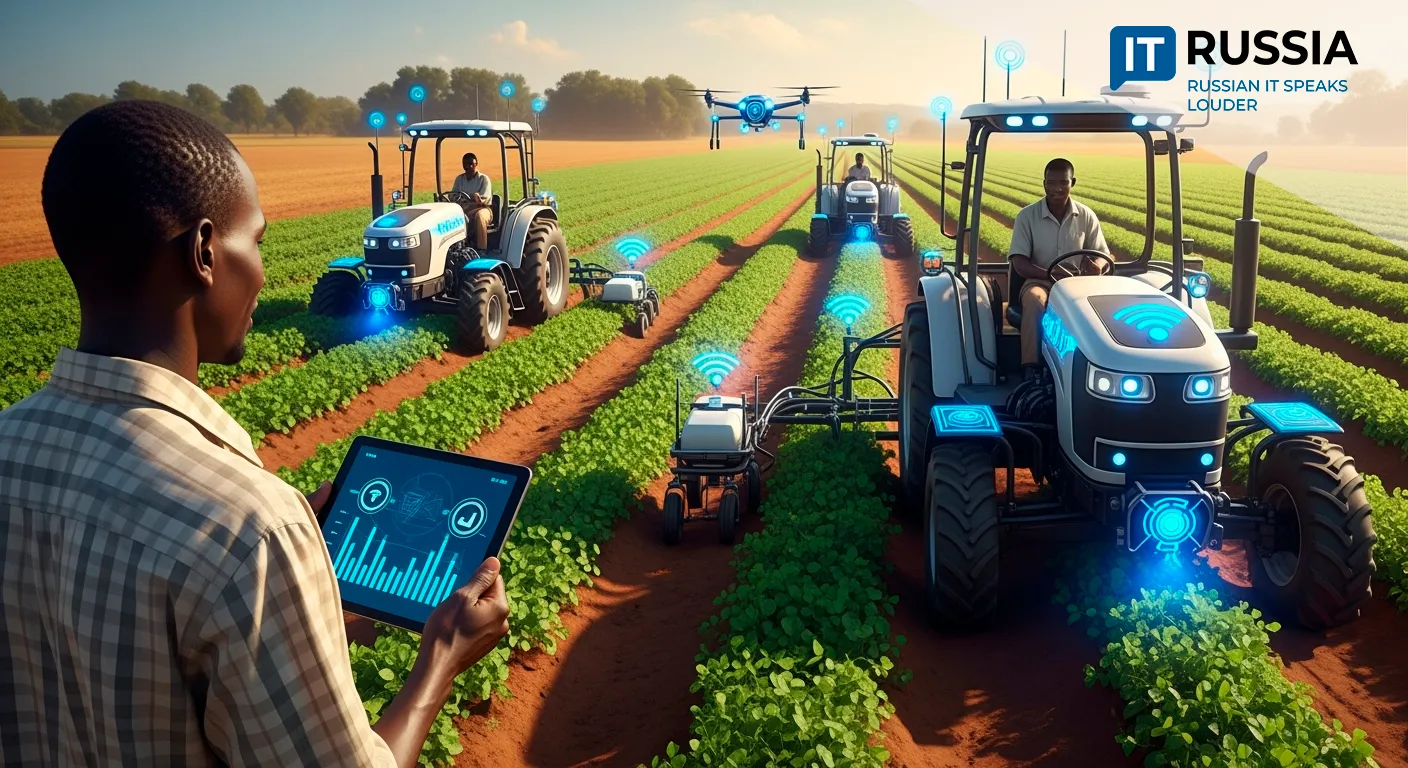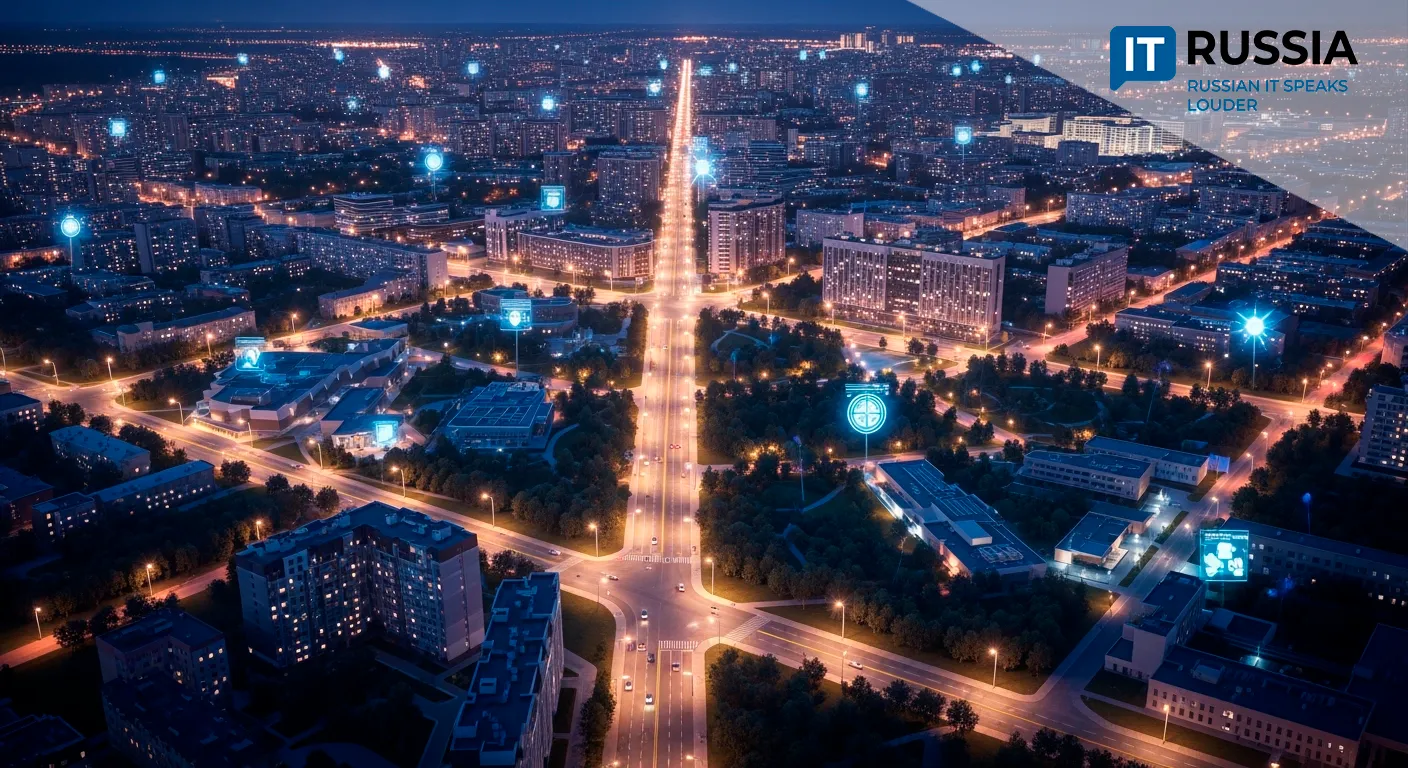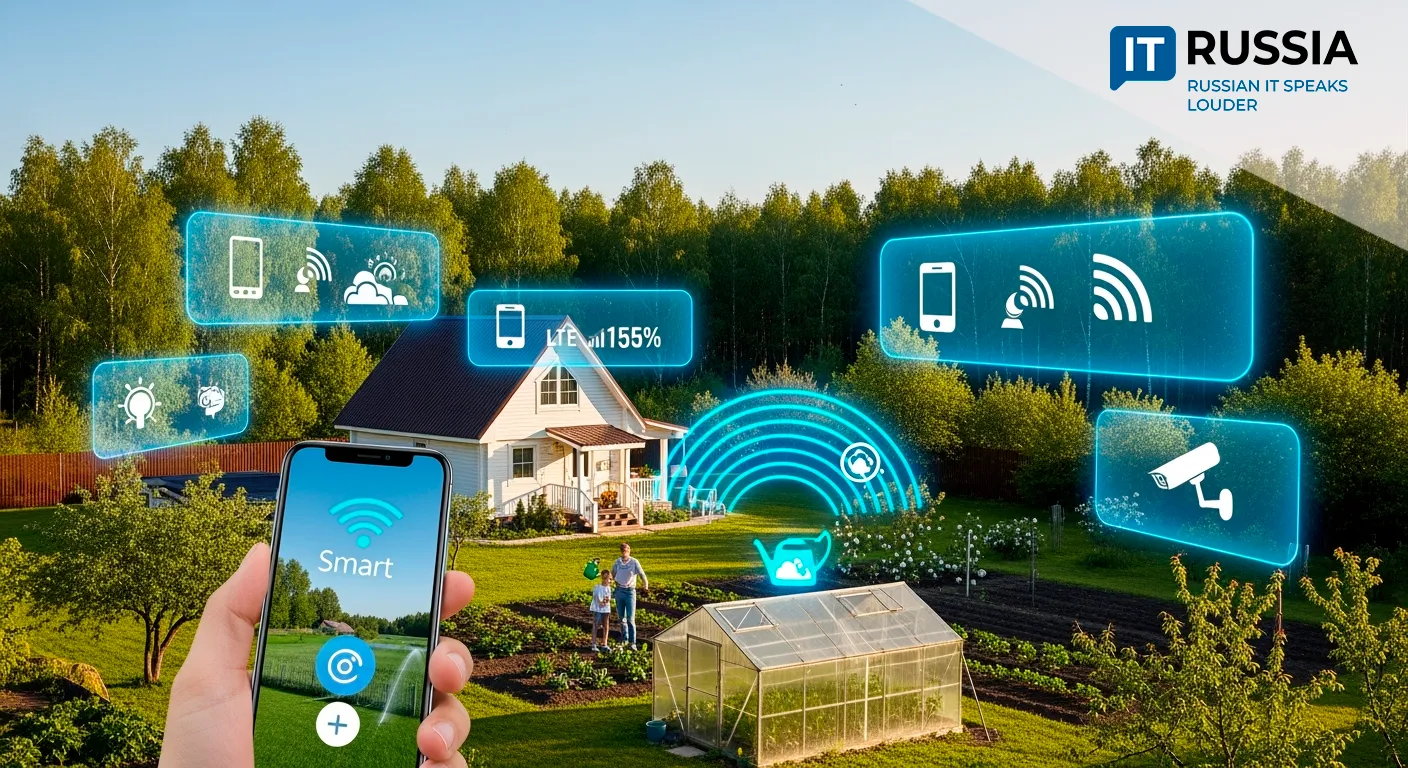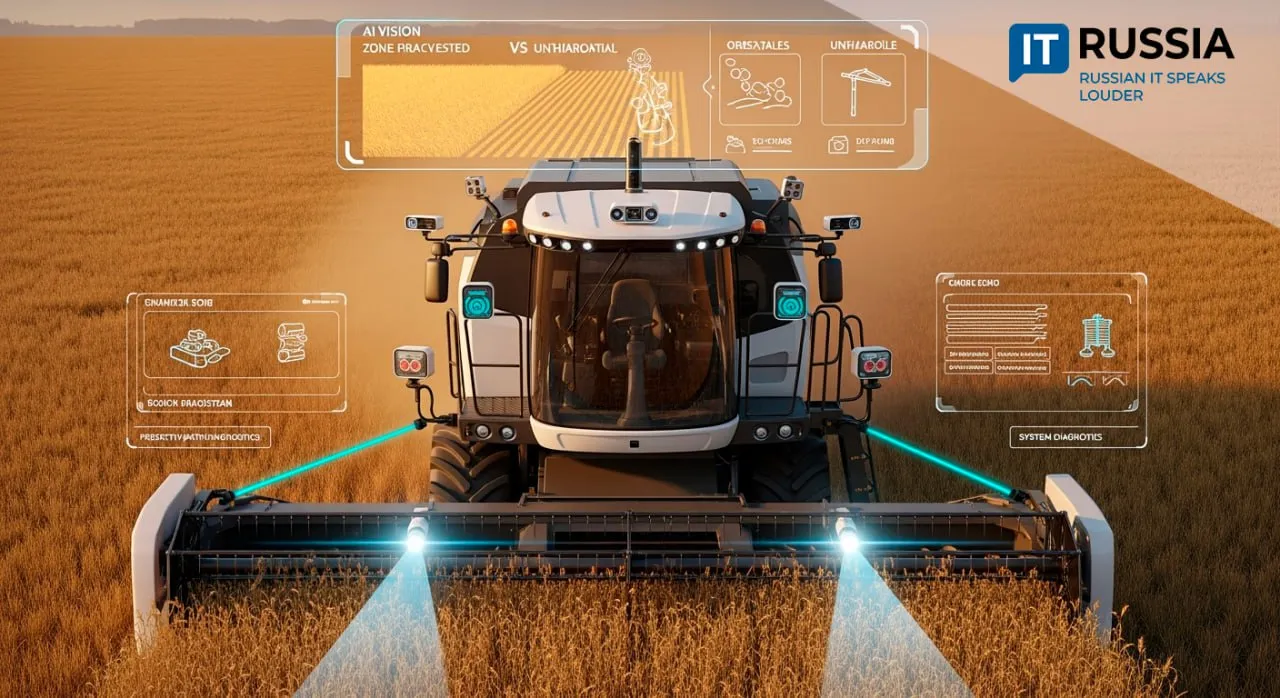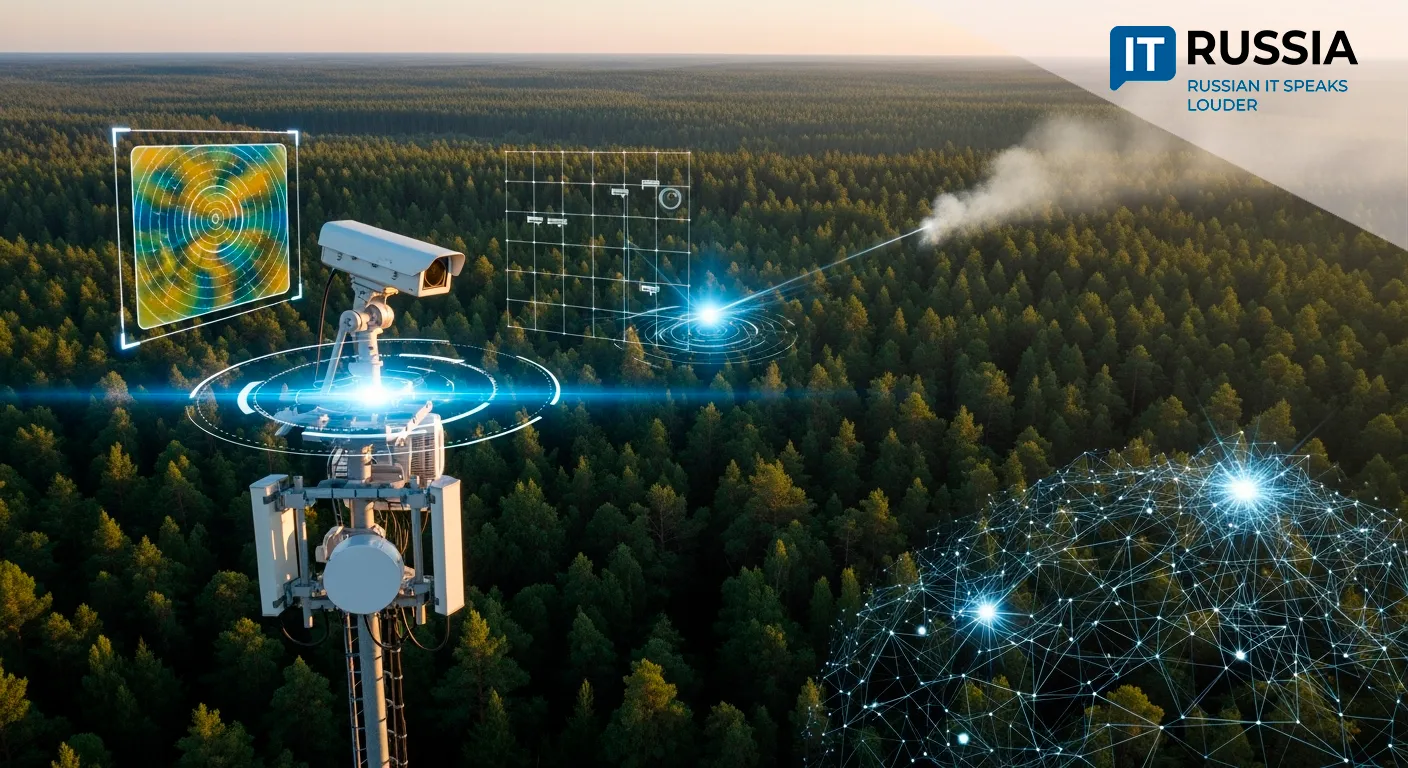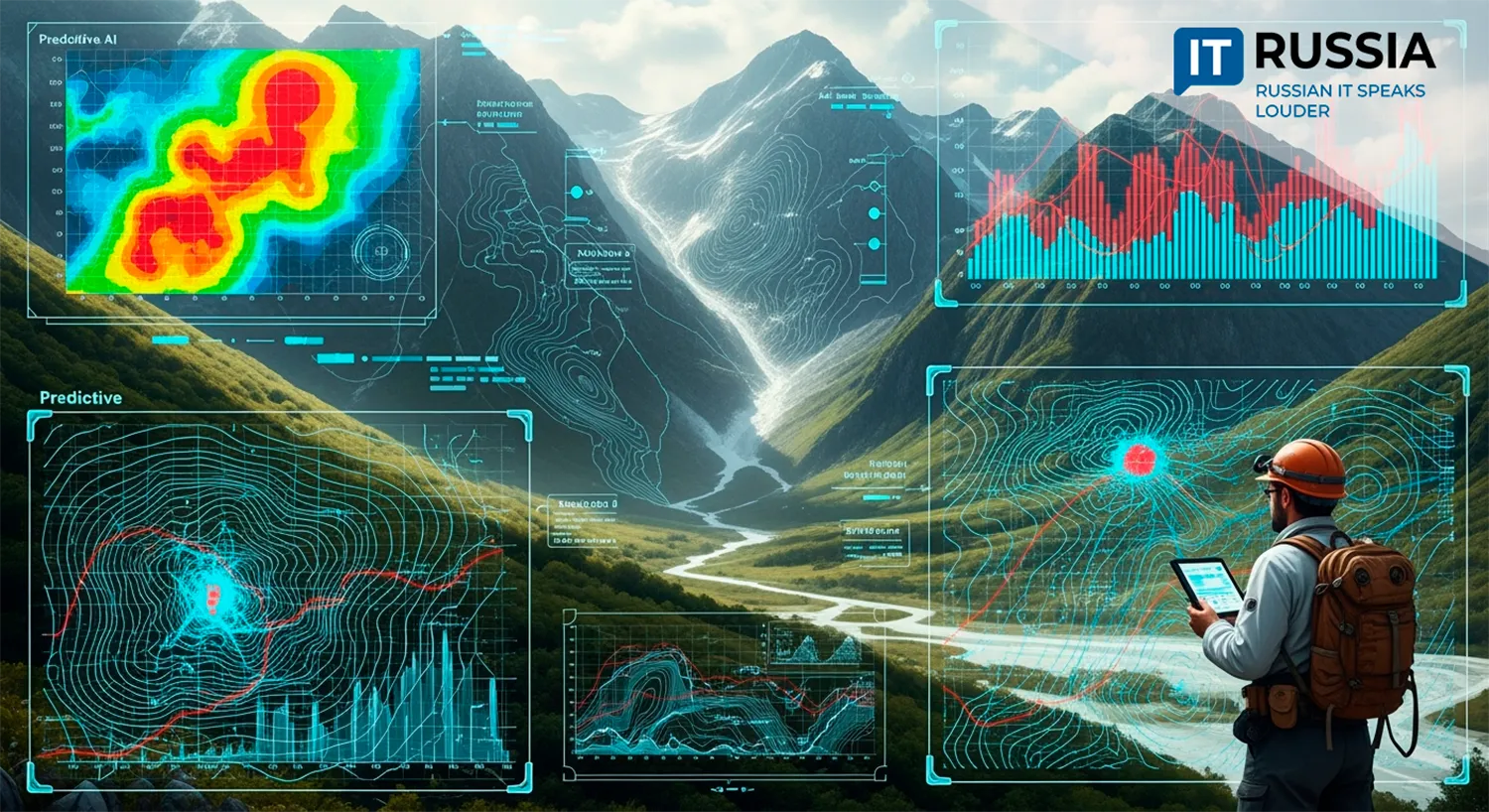Smart Defender: Russian AI Helps Safeguard Crop Yields
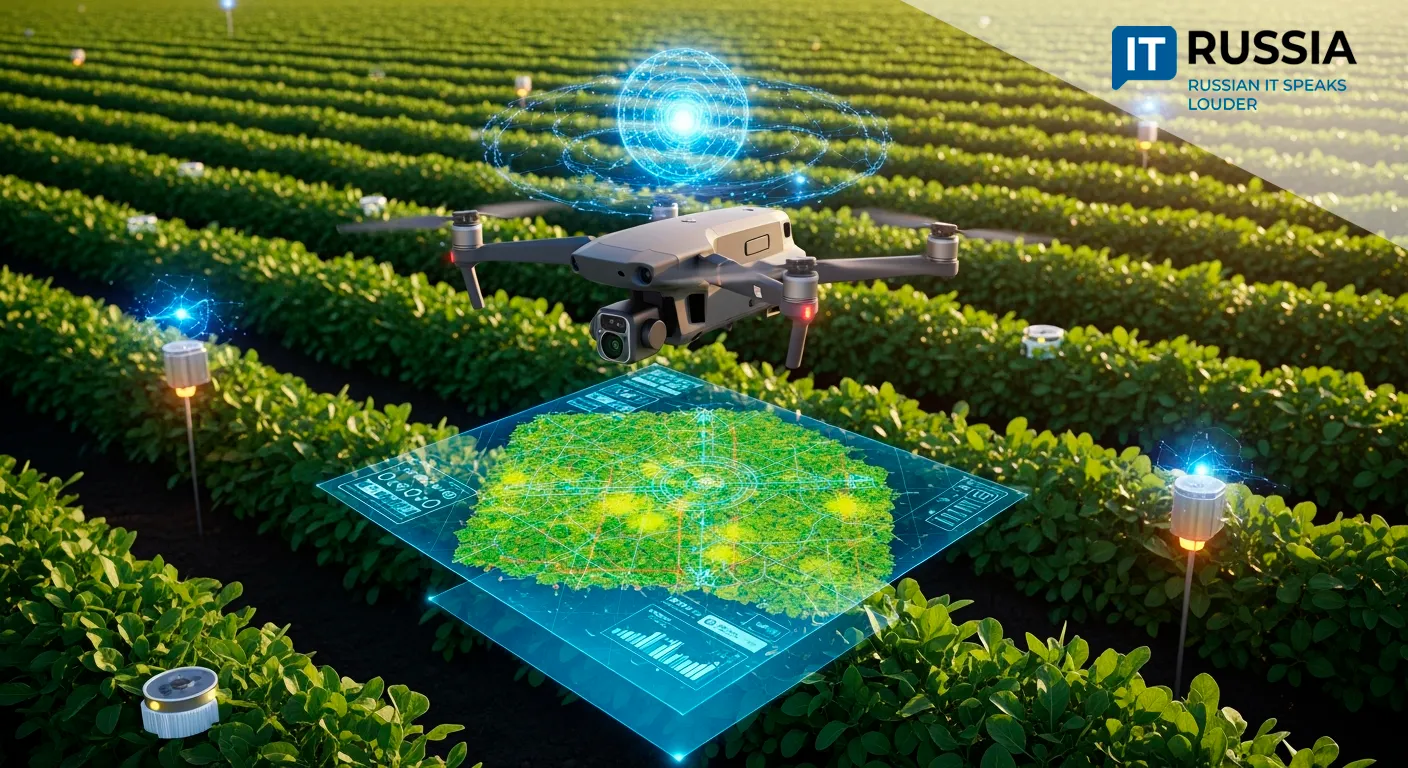
Russian researchers are developing transformer-based neural networks to detect crop diseases at an early stage and issue precision treatment recommendations based on drone, satellite, and sensor data.
AI as an Agronomic Doctor
One of the most critical aspects of maximizing yields is early detection and treatment of plant diseases and stress factors. Monitoring crops during growth and analyzing soil health enables farmers to make timely decisions that can make or break a harvest.
Researchers at the North Caucasus Federal University (NCFU) are building an AI platform that integrates drone imagery, satellite data, and ground-based sensors to assess crop health, soil quality, and yield potential. The neural network, based on a 'teacher-student' training framework, enables a high-performance model to pass knowledge to a lighter version suitable for field-deployed mobile devices.
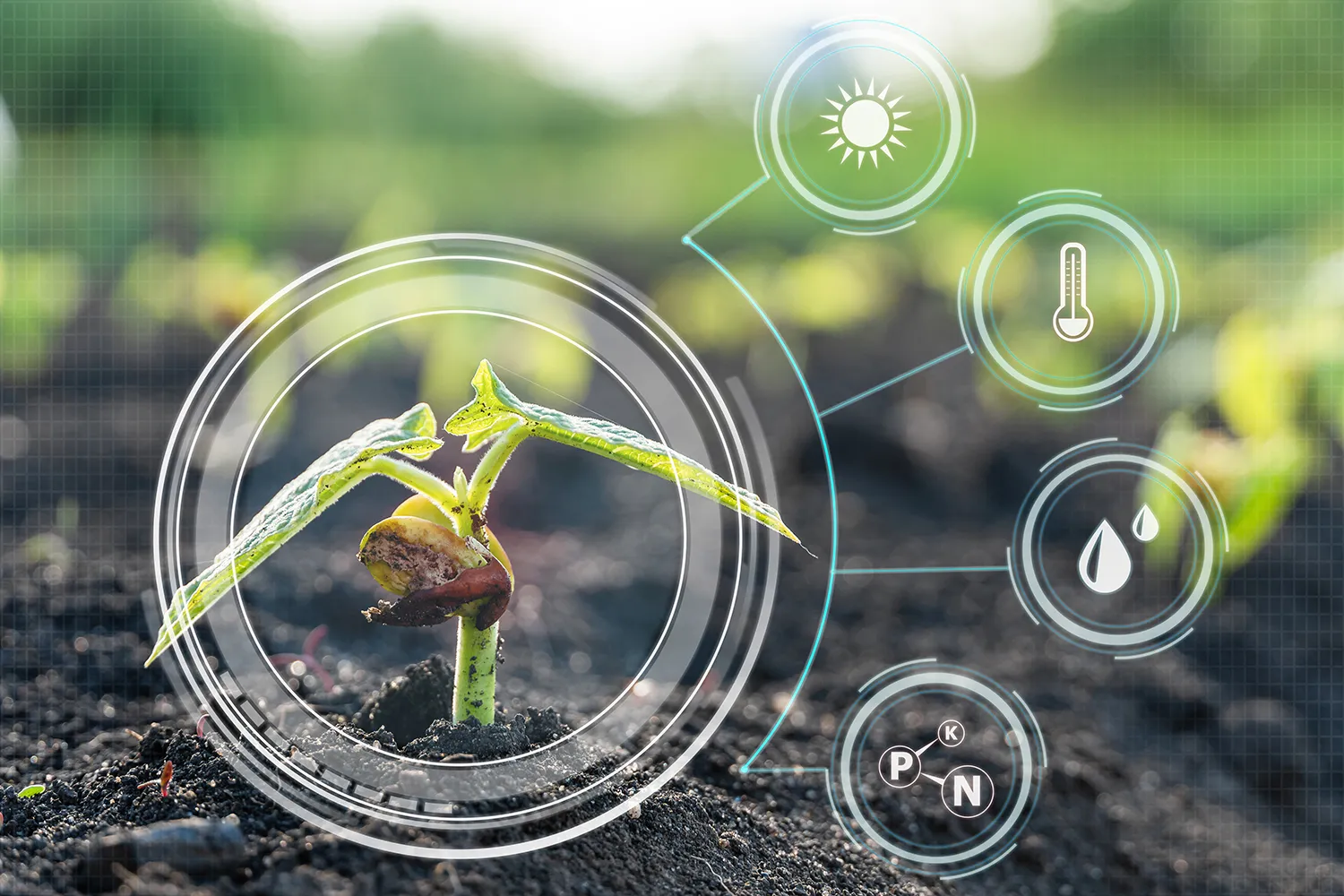
According to Valentina Baboshina, junior research fellow at the university’s Modular Computing and Artificial Intelligence Lab, the system does more than flag visible symptoms. It detects underlying disease patterns such as abnormal color gradients or lesion morphology, enhancing diagnostic precision.
Real-Time Support for Farmers
The goal, according to the development team, is to provide farmers with a practical, cost-effective decision support tool. The AI offers actionable insights: where to irrigate, where to apply treatment, and when to intervene. This not only reduces chemical and water use, but also increases field productivity and strengthens climate resilience.
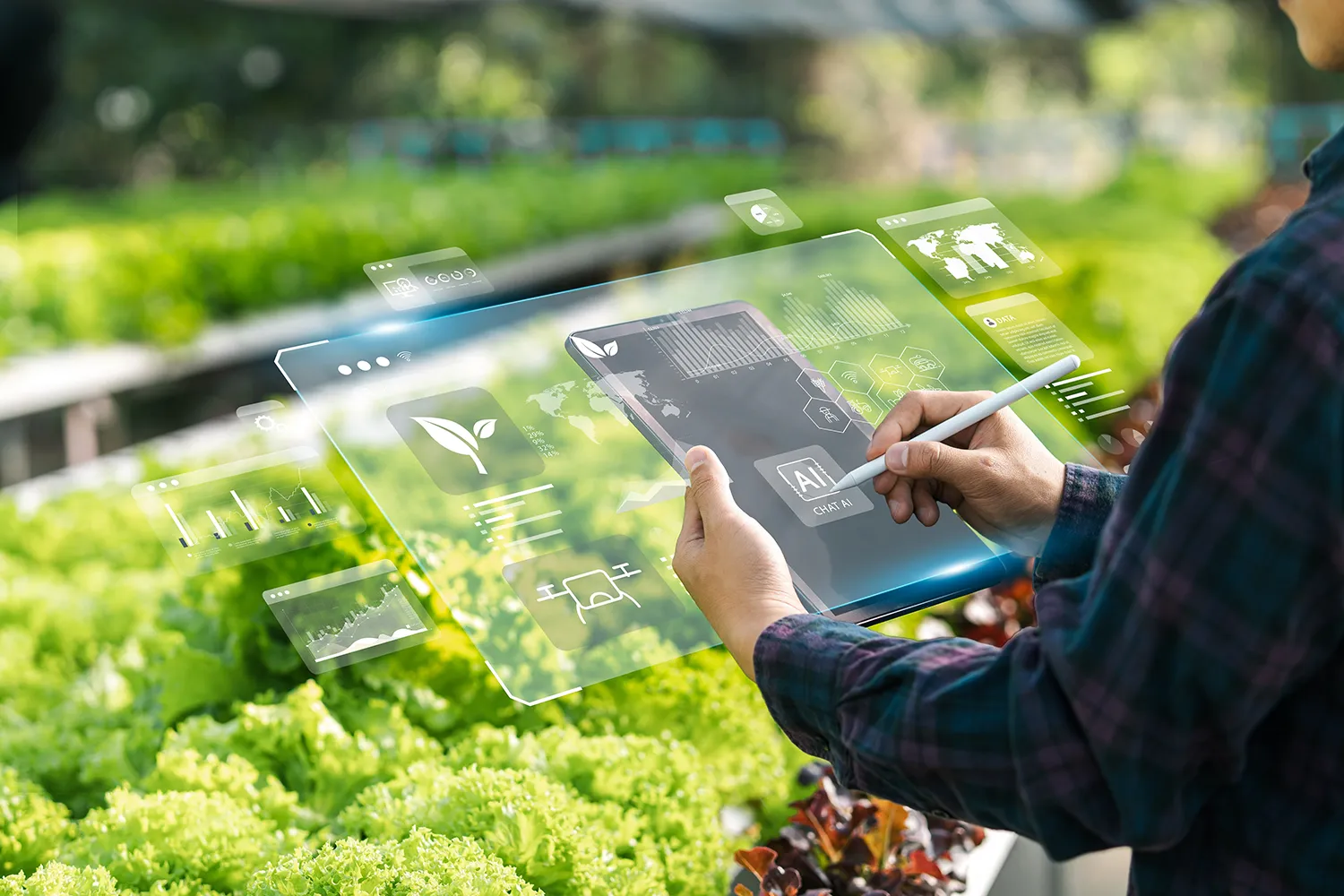
The AI detects threats almost instantly, giving growers the critical window they need to react and protect yields. In a warming climate, the system’s ability to adapt to erratic weather patterns and recommend preemptive strategies becomes particularly valuable.
Building Toward Predictive Agriculture
Russia has been investing in AI-based precision agriculture for several years. In 2021, scientists from Moscow State University, Tambov State University, and two federal agricultural centers partnered with Yandex to create an intelligent crop monitoring system. Users uploaded field images to Yandex.Cloud, where a trained neural network evaluated plant health. Future iterations plan to integrate weather and soil IoT sensors to optimize forecasting.
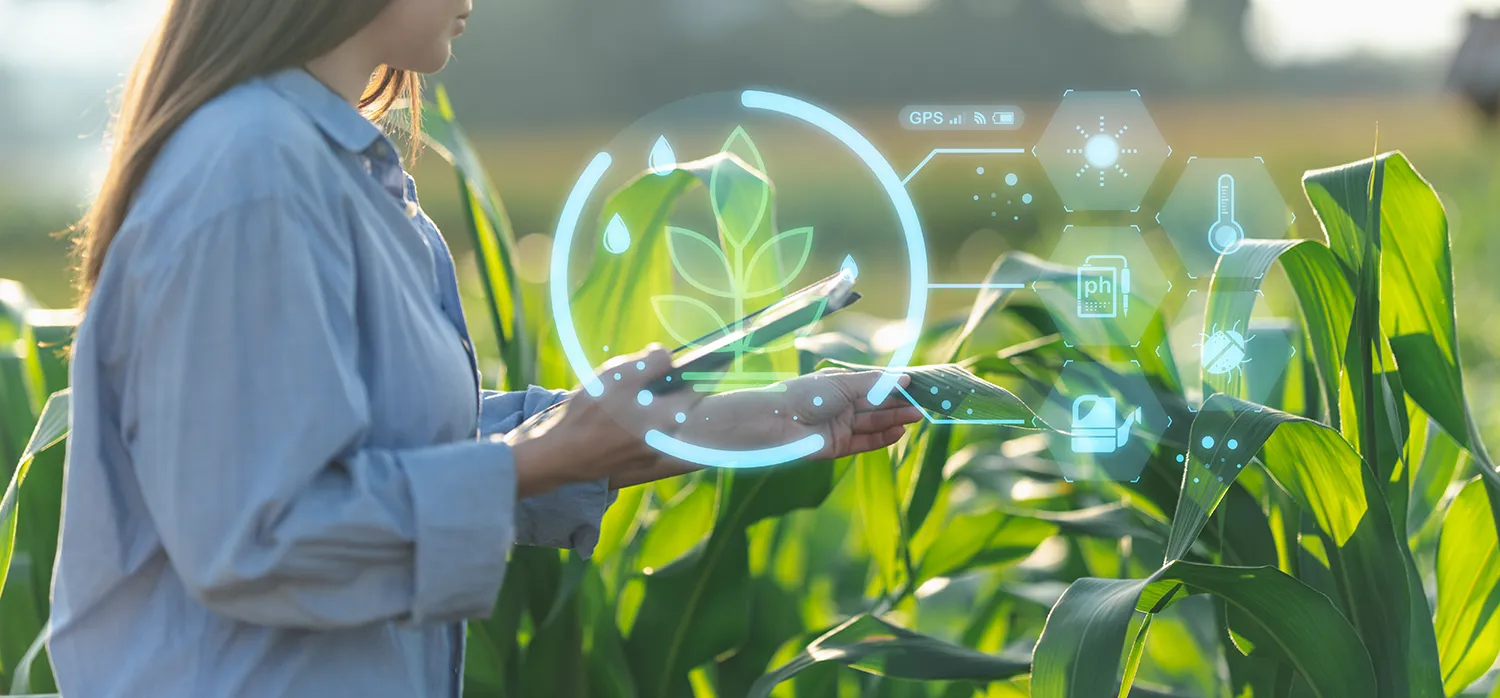
Since 2023, Russian teams have also been developing a multiple-modal data model that integrates satellites, sensors, and deep networks. These systems can now identify healthy versus diseased crops with up to 97.2% accuracy from imagery alone. Backed by the Russian Science Foundation, the research is designed to halt the spread of disease at early stages and inform precise countermeasures.
NCFU’s latest platform builds on this legacy—transitioning from precision farming to predictive agriculture. The project lays the groundwork for self-learning agri-ecosystems that rely on data to support every decision. It’s particularly relevant for risk-prone agricultural zones in the CIS, Central Asia, and Africa. Beyond agriculture, the architecture of the multimodal deep neural networks could be adapted for pattern recognition in other industries.







